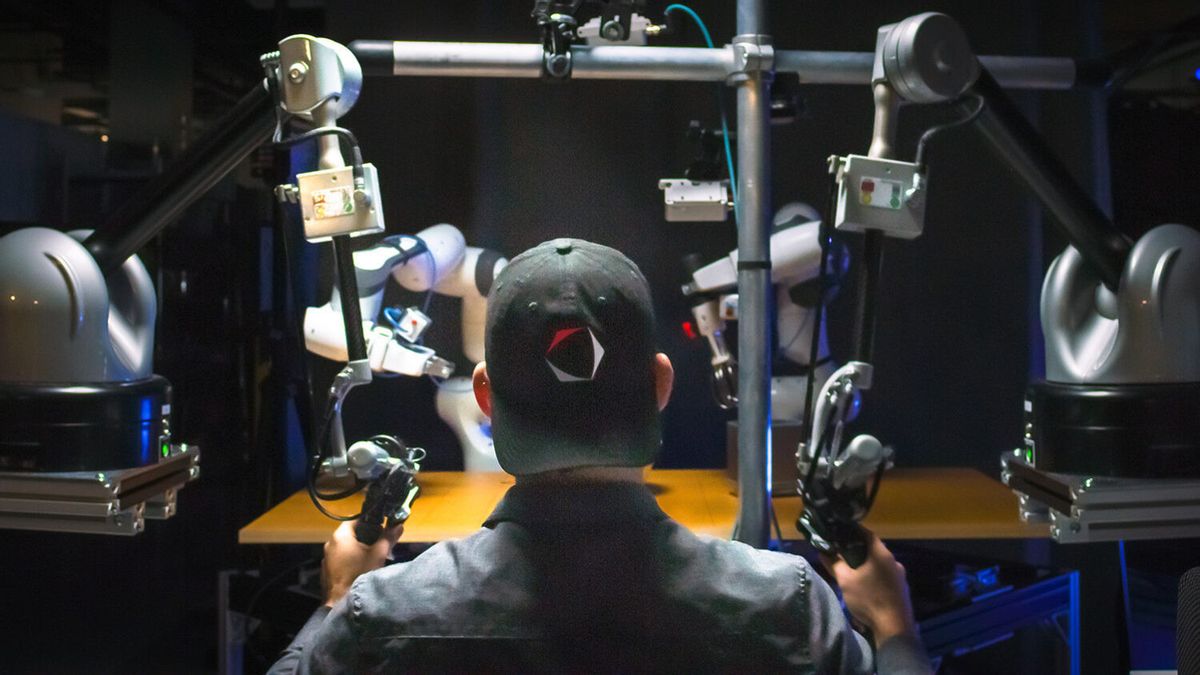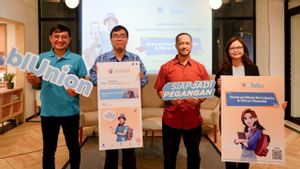The Toyota Research Institute (TRI) is now taking an innovative approach of Generative Intelligence (AI) on the robots they produce to teach and at the same time increase the utility of robots.
TRI itself is currently focusing on building Large Behavior Models (LBMs) through the Big Language Model (LLMs) so that these robots are able to revolutionize AI in the form of conversations.
With this big approach, TRI CEO Gill Pratt emphasized that the robots they are currently investigating are being developed to make humans stronger, not replace the human existence itself.
"This new teaching technique is very efficient and produces very high performance behavior, enabling robots to strengthen humans much more effectively in many ways," Pratt said in an official release on Tuesday, September 19.
SEE ALSO:
So far, TRI has taught robots with more than 60 skills that are claimed to be difficult and proficient in using a new approach. Some of the things that have been taught are spilling fluids, using tools, to manipulating deformable objects.
With all the skills taught, the TRI robot is not only limited to the features of choice and placement options, but is also rich in interaction and has various ways to deal with a series of previously unpredictable situations and environments.
Meanwhile, TRI is determined to increase their ambition by continuing to teach robots with a number of new skills. Currently, TRI wants to teach hundreds of new skills by the end of 2023 and a thousand skills by the end of 2024.
The English, Chinese, Japanese, Arabic, and French versions are automatically generated by the AI. So there may still be inaccuracies in translating, please always see Indonesian as our main language. (system supported by DigitalSiber.id)


















